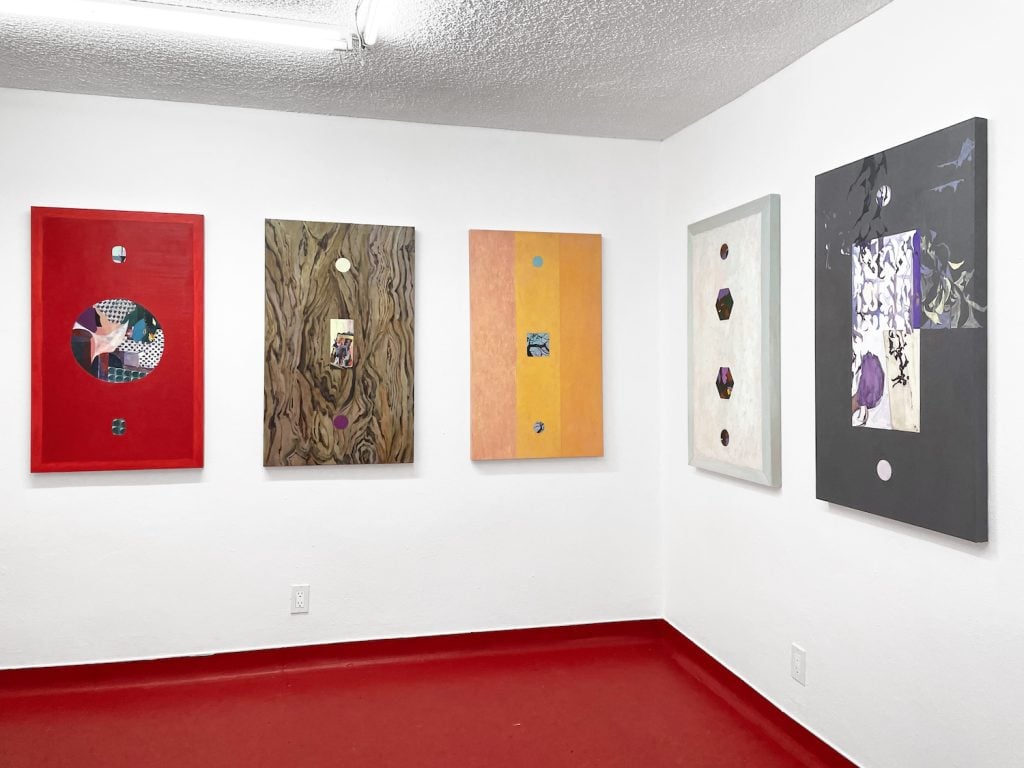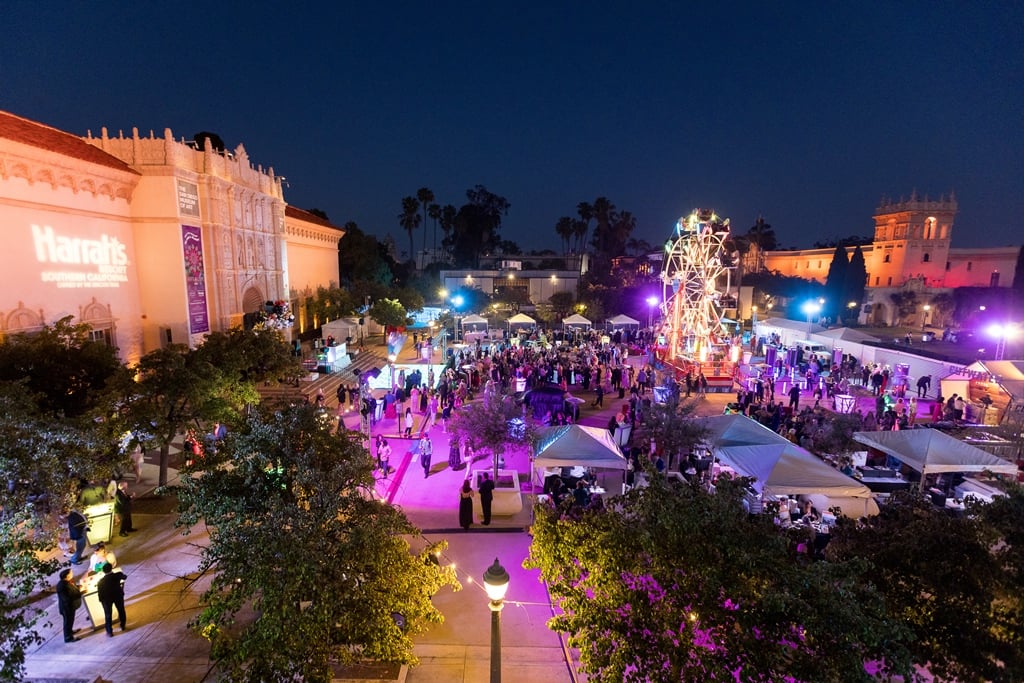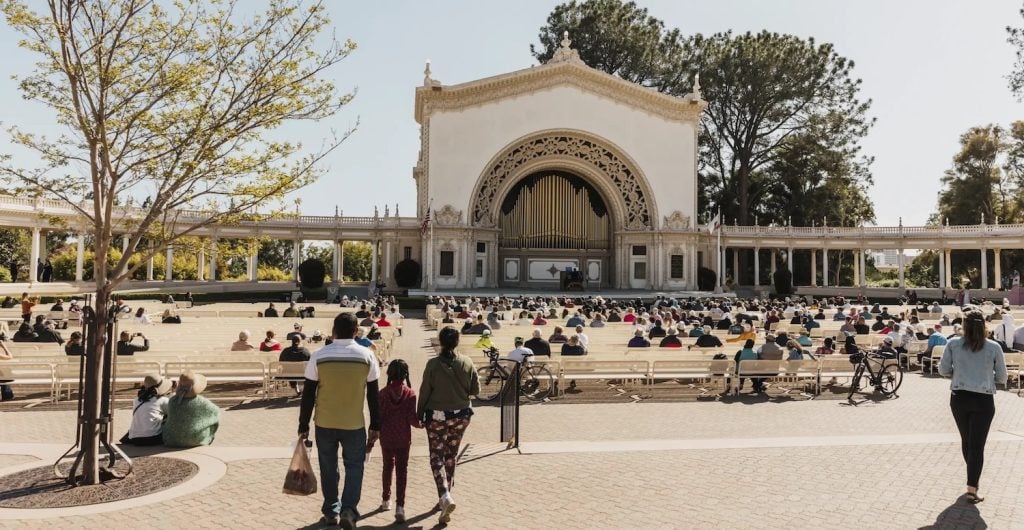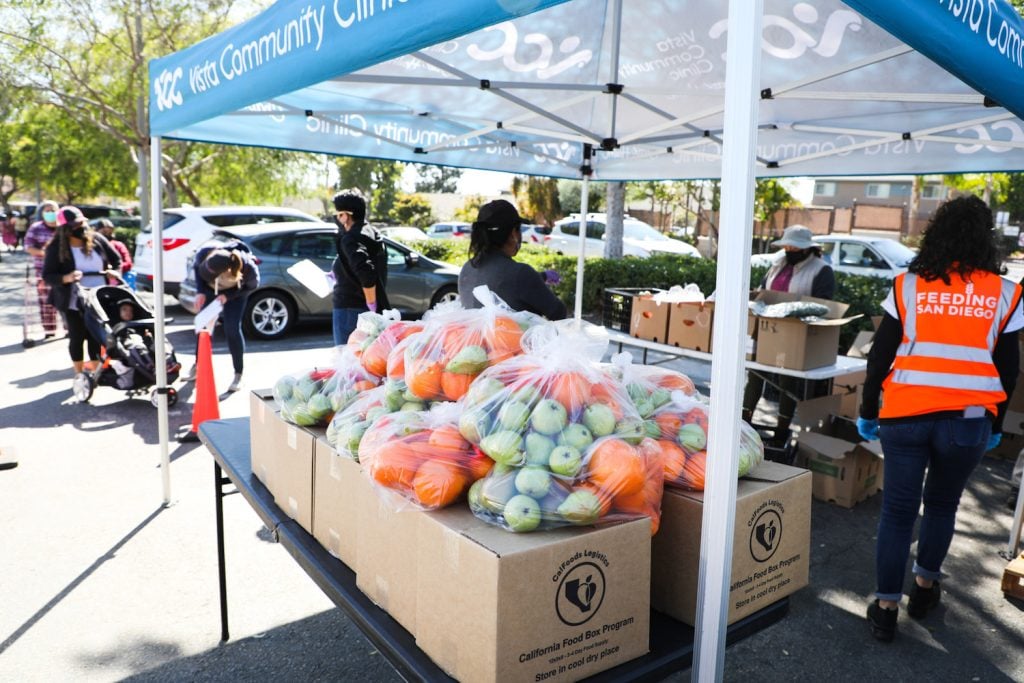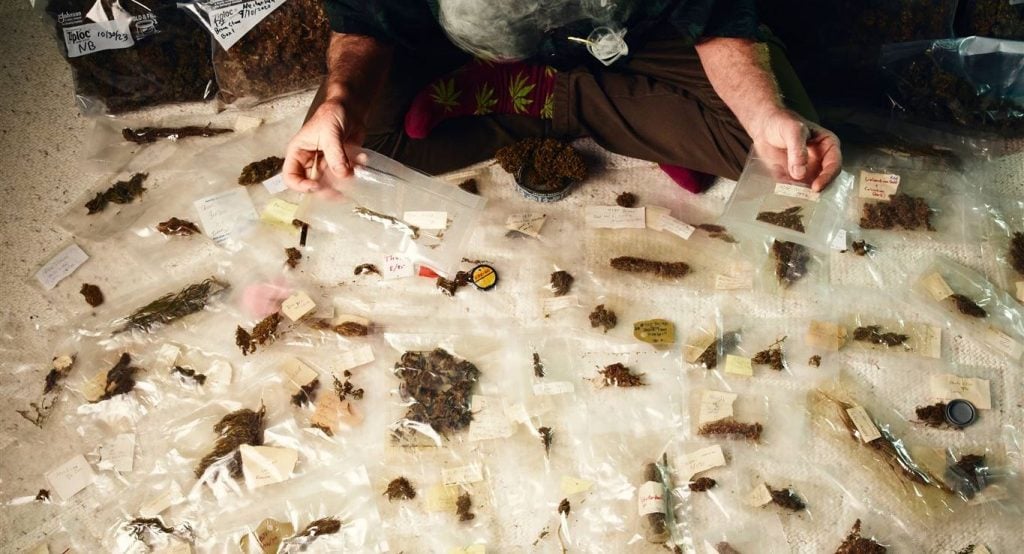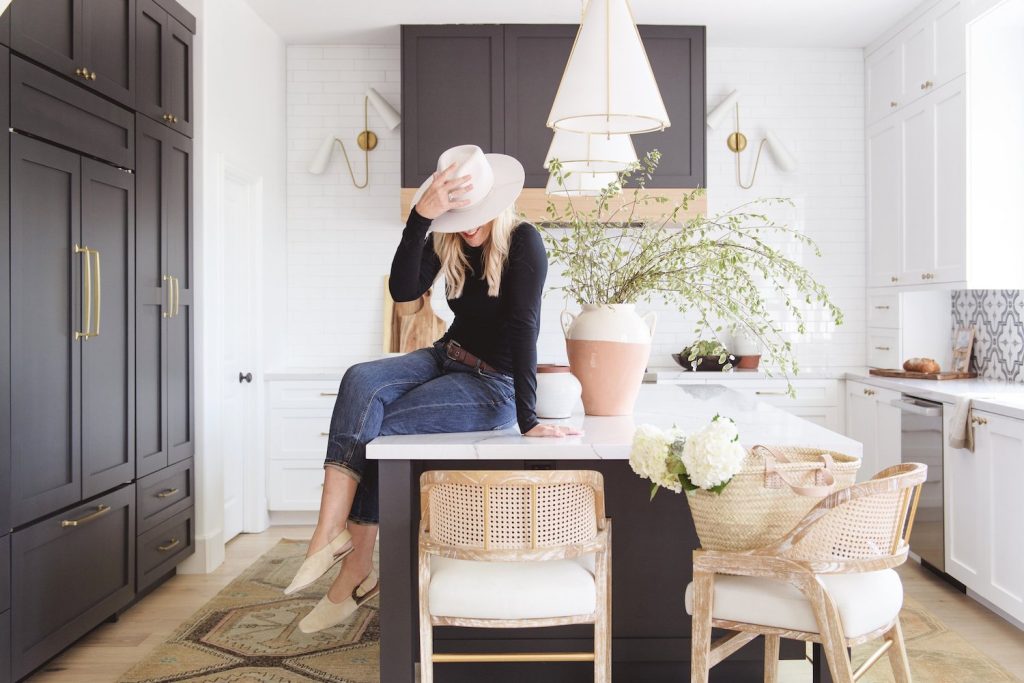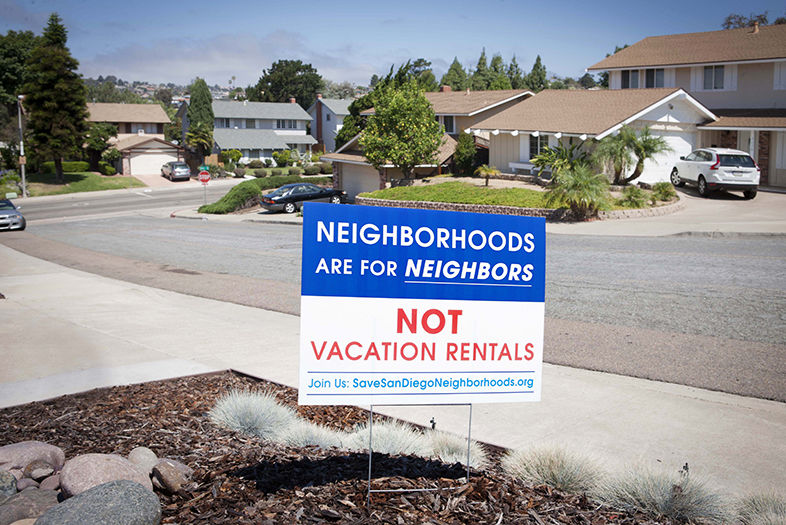Stephanie Krieg first used the online vacation rental site Airbnb to find quick, cheap lodging while planning trips to Belgium and the Bahamas. She says the Airbnb hosts helped her skip the tourist traps and offered homey accommodations she couldn’t get at a standard hotel.
The site is one of many in a growing online marketplace for vacation rentals. Yet rather than a traditional hotel room, Airbnb hosts are property owners renting out a house, a room, or even just a couch.
Krieg liked the concept so much she created her own Airbnb listing for her Carlsbad home, sometimes renting out a room and sometimes the whole house. As a side gig to her human resources consulting business, she promotes Airbnb locally and hosts meetups for other short-term rental hosts.
The proliferation of home-sharing websites like Airbnb, FlipKey, HomeAway, and VRBO has disrupted the hospitality marketplace in the region while provoking the ire of neighbors who don’t like the idea of “mini-hotels” popping up in family-oriented residential communities.
The lure for homeowners is undeniable: The personal finance company SmartAsset recently crunched the numbers to determine San Diego was one of the top two most profitable cities for Airbnb hosts in the nation. (The other was Miami.) A San Diego property owner with a two-bedroom place can reasonably expect to offset 91 percent of their mortgage if they rent it out 71 percent of the time.
Municipalities, meanwhile, are scrambling to regulate Airbnb-type rentals. In Carlsbad, for instance, the city council revamped its ordinances effective June 4, 2015, so that short-term rentals aren’t allowed outside of a strictly defined coastal zone. Those who operate them need to pay transient occupancy taxes of 10 percent and Carlsbad Tourism Business Improvement District fees of $1 per rented room nightly, obtain a business license and a permit, and post a local contact for neighbors to call in case of problems at any hour of the day or night. The City of San Diego has also ramped up its efforts to collect taxes and assessments from short-term vacation rental owners, and is enforcing late penalties. A question-and-answer section about the issue has even been added to the City Treasurer’s webpage.
Scott Gruby heads up a grassroots campaign called Save San Diego Neighborhoods. His group has been distributing yard signs, writing letters, and attending San Diego City Council hearings to get tougher restrictions on whole-house rentals like in Santa Monica, Calif., where the City Council adopted a home-sharing ordinance that bans the rental of an entire unit for less than 30 days, and makes it altogether illegal to rent out a property to vacationers if the home is only permitted as a permanent residence. Short-term sublets in Santa Monica are only allowed when the host stays on-site.
San Diego City Council sub-committees have been holding community hearings on the issue. “We have no problems with people renting out a room as part of the so-called sharing economy, but renting out an entire house is a mini-hotel,” says Gruby. “It doesn’t benefit anyone who actually lives in the neighborhood.”
Gruby got involved when he got fed up with the noise, trash, and drunkenness he witnessed at the property next door to his Clairemont home. He’s appealed to the property owner, who lives elsewhere; filed police reports, and keeps a detailed log.
“People who are just on vacation don’t care,” Gruby says. “Every weekend, I’m just waiting for what’s going to happen next door. It’s a quality-of-life issue, not a property rights issue.”
John Anderson, one of the founders of the Short Term Rental Alliance of San Diego, thinks short-term rental hosts are unfairly maligned because of a few bad apples. He says most of the hosts he’s met pay their taxes, vet their guests through the online rental platforms’ mutual rating systems, and are just trying to supplement their income in San Diego’s pricey housing market.
“The rights of homeowners should not get lost in this. Your home is your biggest asset,” says Anderson, who has rented out a small cottage behind his North Park home to vacationers from all over the U.S. as well as Sweden, Taiwan, and Canada.
Donna Buono says most of the guests at her one-bed, one-bath Fallbrook “farmstay” Airbnb listing are San Diegans enjoying a brief getaway. For $125 a night, guests at Morning Song Farm can enjoy the hot tub amid a subtropical fruit farm inhabited by dairy goats, chickens, and a llama.
“It’s a better deal than going to a hotel. What would a suite like this cost?” says Buono. “We don’t have a concierge. We’re not taking business from anyone. We’re carving another niche. So many people want to get away from the cookie-cutter experience.”
Though the City of San Diego is still debating tougher regulations on short-term vacation rentals, there’s no sign the debate is cooling off soon, especially as more people discover the appeal of Airbnb.
“At first I wasn’t sure how I’d feel about staying in someone’s house, but now I think, ‘Ew! I don’t want to stay in a hotel room,’” Krieg says. “It’s the only way I travel.”
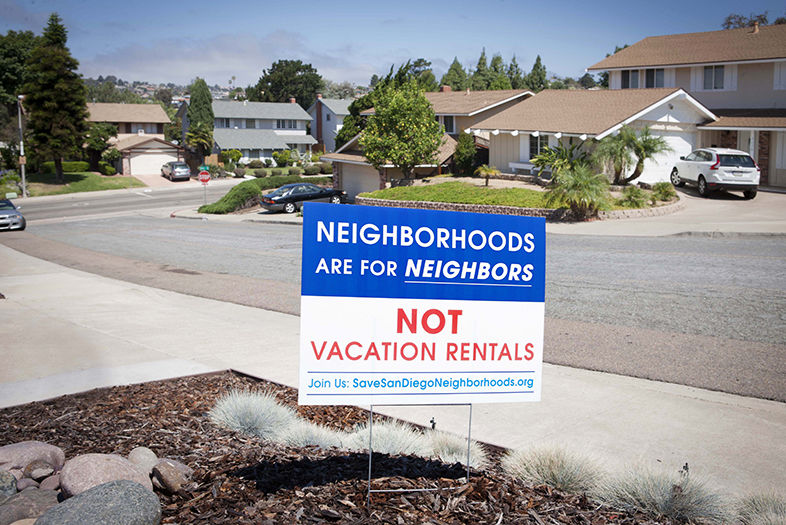
Home Away from Home
An anti-Airbnb sign in front of a Clairemont home | Photo by Paul Body



